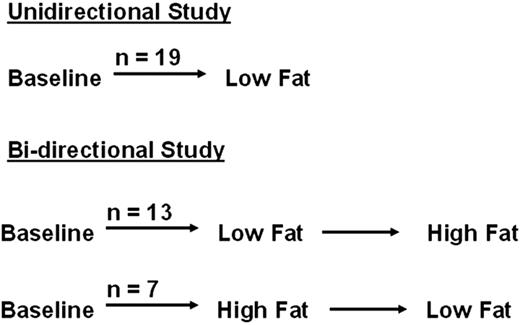Hi there. Just bought my first two bags of Huel and I was delighted until I read about flaxseeds. I actually did not go with Soylent because of the estrogen found in soy, and I thought Huel would be ok, but it actually has even more.
I know Huel is addressing this issue in their FAQ. Apparently, the phytoestrogens found in flax are not a threat to our male hormone inbalance (testosterone).
But after hours of research, I was able to see that the case is not settled among the scientific community. Some say, with studies in their hand, that flaxseeds and soy increase the amount of estrogen in your body. Some say it blocks them.
Some studies show that women and men who’ve been on a flax seeds diet have seen decreased amounts of testosterone, especially DHT, the most available form of testosterone in the body.
As a man trying to gain muscle, I wanted to have 2500 calories a day from Huel. That’s A LOT of flaxseeds, and way above the recommended amount of phytoestrogens a day.
I still have concerns about this and they’re legitimate. Does anybody have real proof that it’s not going to be a problem? Or that it’s going to be? If I can’t put my doubts at rest, I will have to return my bags and not use Huel. I don’t want to eat something on which I have doubts about its effects on my body.
Thank you





